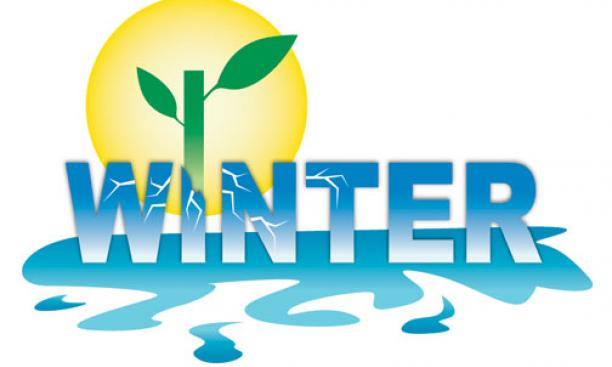

SPRING may arrive more than two weeks earlier in the next century. A team led by geosciences professor David Medvigy concluded that trees in the continental U.S. could send out new spring leaves up to 17 days earlier beginning in 2100 than they did in the late 20th century. These climate-driven shifts could lead to changes in the composition of Northeastern forests, and give a boost to their ability to take up carbon dioxide. The paper was published in Geophysical Research Letters in January.
Would the government be successful in convincing people to take VACCINES if a deadly plague swept through the United States? Perhaps not, suggests Leslie Gerwin, associate director of Princeton’s Program in Law and Public Affairs, in a paper published in the fall 2012 Journal of Law, Medicine & Ethics. She studied 650 news stories about the 2009 H1N1 pandemic and found that media distortion led to public distrust of government efforts, leaving about 70 million doses of the vaccine to be destroyed.
An assistant professor of politics, Jonathan Kastellec investigates the dynamics of COLLEGIAL DECISION-MAKING. In research published in January in the American Journal of Political Science, he found that the addition of a black judge to a three-judge U.S. appeals court panel that previously was all white nearly ensures that the panel will vote in favor of affirmative action. Kastellac writes that the results “have important implications for assessing the relationship between diversity and representation on federal courts.”
